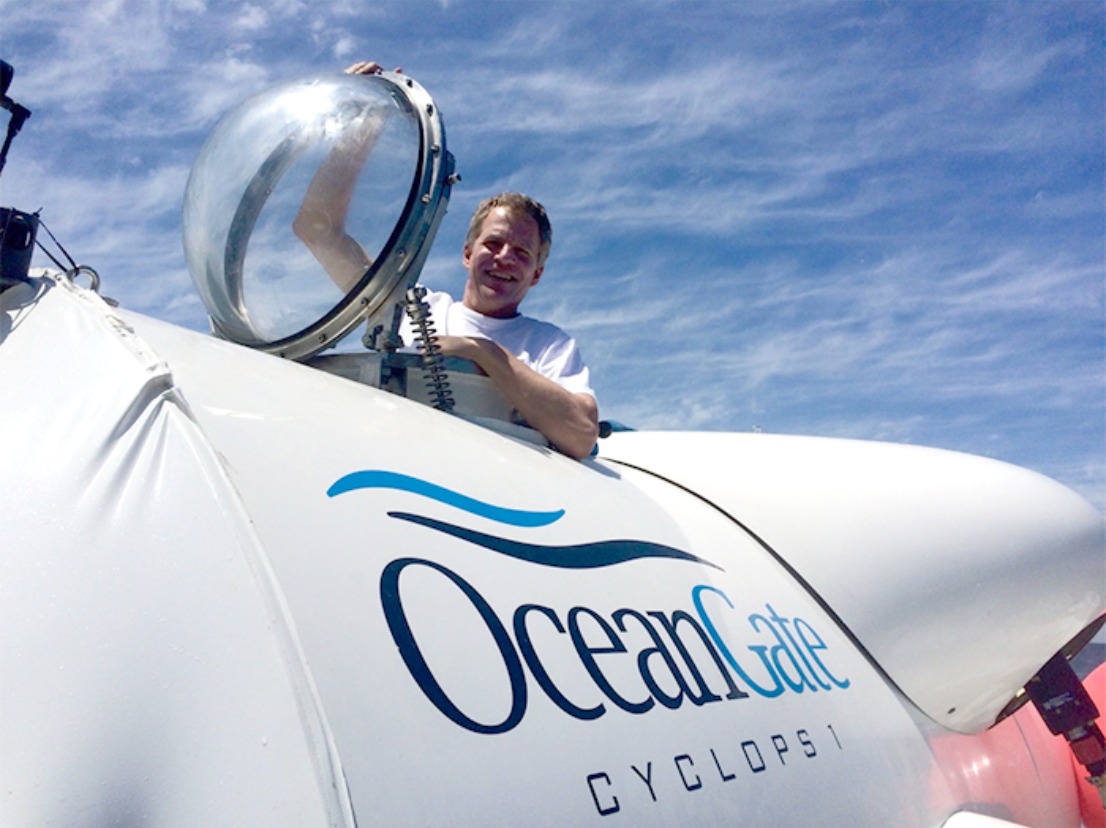- Daniel Wong’s Comments on the Value of Rich Lives Ignite Strong Reaction

In a recent LinkedIn exchange, users expressed disbelief and strong opposition to comments made by Daniel Wong, dismissing his assertion that “rich people have more impact on the world.” The exchange began when Adrian Tan, President of the Law Society, shared his thoughts on the extensive media coverage and international rescue efforts surrounding the missing tourist submersible, the Titan, and its affluent passengers. Wong’s response defending the prioritisation of wealthy individuals stirred a heated debate among LinkedIn users.
The submersible in question, named the Titan, met a tragic end near the wreckage of the iconic Titanic. Onboard were five individuals of notable standing. The passengers included Hamish Harding, a British billionaire and explorer; Shahzada Dawood, a Pakistani-born business magnate along with his 19-year-old son, Suleman, both British citizens; Paul-Henri Nargeolet, a French oceanographer and Titanic expert; and Stockton Rush, an American entrepreneur who served as the founder and chief executive of OceanGate, and was piloting the submersible.
Tan’s original post raised questions about the disproportionate media attention given to the missing Titan, which offered exclusive rides to the depths of the ocean for a staggering $250,000 per passenger. He argued that while resources and efforts were being poured into rescuing these affluent individuals, more pressing global issues, such as natural disasters and conflicts claiming multiple lives in Asia, Africa, and South America, received less attention.
In response, Wong countered Tan’s viewpoint, suggesting that the lives of the wealthy held more value due to their supposed greater impact on the world. He claimed that saving these individuals would have a more significant effect and dismissed the notion that the expedition was merely a vanity project. Wong’s comments drew swift criticism from LinkedIn users, who vehemently disagreed with his assessment.
One user responded to Wong’s remarks, stating, “A person’s impact has absolutely nothing to do with their financial wealth. Period!” The user highlighted the historical context of the Titanic disaster, where third-class passengers faced far greater hardships and loss of life compared to their wealthy counterparts. They argued that such class-based distinctions should not persist in today’s society.
Adrian Tan promptly replied to Wong, clarifying that his concerns were not about rich individuals’ contributions to the world but rather the disproportionate media coverage and allocation of resources. Tan emphasised that the exorbitant cost of the Titan’s tickets prevented less affluent individuals, including those in dire circumstances, from being present on the submersible. He expressed surprise at the obsessive coverage the story received, arguing that it overshadowed other more urgent and deserving news.
The LinkedIn exchange continued, with Tan defending his right to judge and express opinions while refuting Wong’s attempt to silence criticism. The conversation showcased the differing perspectives on the issue, with many users echoing Tan’s sentiments and expressing disbelief at Wong’s stance.
Several social media users said that the exchange underscores the ongoing debate surrounding wealth, media coverage, and human worth. It highlights the ethical implications of prioritizing the lives of the affluent over those facing dire circumstances due to poverty, conflict, or natural disasters. While the discussion on LinkedIn captured a snapshot of diverse viewpoints, it is evident that Wong’s comments resonated negatively with many users, challenging the notion that financial wealth should equate to greater societal value.
Some suggested that as the conversation continues, it serves as a reminder that the worth and importance of an individual’s life should not be dictated by their financial standing, but rather by our shared humanity and the inherent value of every human being.

